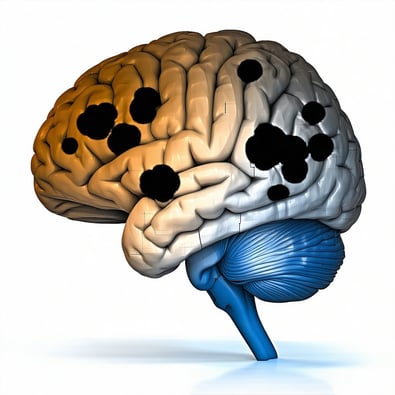A new medical study looking into the potential side effects of ingesting marijuana has shown a possible link between drug usage and an increased risk of cardiovascular diseases.
The study, which was published in the peer-reviewed academic journal JAMA Cardiology, examined how smoking marijuana or eating THC-laced edibles might impact blood vessels in the body and the heart.
The study's 55 participants were divided into groups: those who smoked marijuana and ingested THC-laced edibles and those who did not consume any form of marijuana. None of them smoked tobacco or had regular exposure to secondhand tobacco smoke.
Researchers then conducted studies to see how their blood vessels were impacted. The results suggested that both smokers and THC users suffered from endothelial dysfunction. Endothelial cells live inside blood vessels and help direct blood through the body, per CNN Health.
When the cells misbehave, there is an increased risk of patients building up plaque on the inside of their veins. This can lead to them suffering heart attacks or other related medical emergencies.
Never miss a story — sign up for PEOPLE's free daily newsletter to stay up-to-date on the best of what PEOPLE has to offer, from celebrity news to compelling human interest stories.
“We’re looking at a window in the future, showing the early changes that may explain why smoking marijuana has been linked to later heart disease,” he told the outlet. “It appears the act of smoking and the THC itself both contribute to those changes in different ways.”
Dr. Leila Mohammadi, another lead author on the study, noted that "vascular function was reduced by 42% in marijuana smokers and by 56% in THC-edible users compared to nonusers.”
Despite the suggestions, Springer was quick to point out that the results were not conclusive and that they "can only state that the cannabis users have poor vascular function, not that cannabis use causes poor vascular function.”
Springer told CNN the results they saw "were similar to what is found in tobacco."
“The observations that marijuana smokers and THC users each have poor vascular function might make people conclude that the THC is responsible for all of this and the smoke is irrelevant,” he told the outlet, flagging a potential risk of the study's findings.
He cited previous studies, saying, “Rats exposed to marijuana smoke with no cannabinoids at all also had vascular and cardiac impairment, plus tobacco smoke is known to cause heart disease and it has no THC."
Springer added that instead, marijuana provided "a double hit" of smoke and THC.
Though the study is small, it's not the only one to look at the potential risk of cardiac issues related to consuming marijuana.
In 2023, the American Heart Association cited two studies showing a link between marijuana usage and increased risk of suffering heart attacks and strokes while attending the 2023 Scientific Sessions. There was also evidence suggesting that using the drug could lead to an increased risk of developing heart failure.
“Prior research shows links between marijuana use and cardiovascular diseases like coronary artery disease, heart failure and atrial fibrillation, which is known to cause heart failure,” lead study author Yakubu Bene-Alhasan, M.D., M.P.H., a resident physician at Medstar Health in Baltimore, said in a press release shared with PEOPLE at the time.
More recently, a March 2025 study suggested that marijuana users were more likely to suffer a cardiac event. The research was published in the journal JACC: Advances.
The data suggested that users were approximately six times more likely to suffer a heart attack. Evidence also suggested that there was an increased risk of death for users who suffered these cardiac emergencies.





